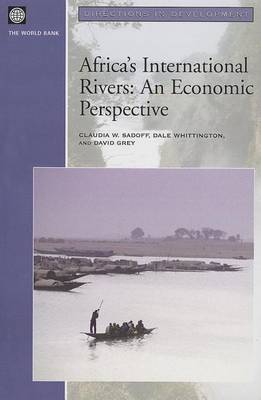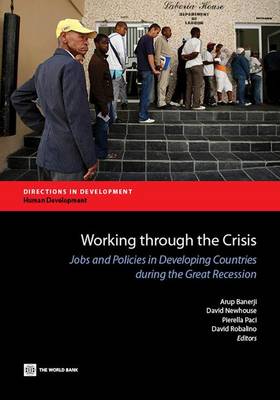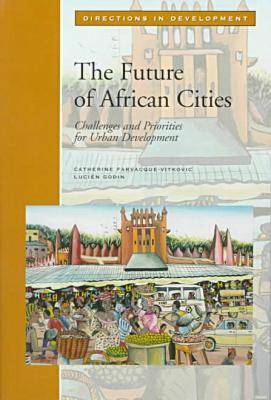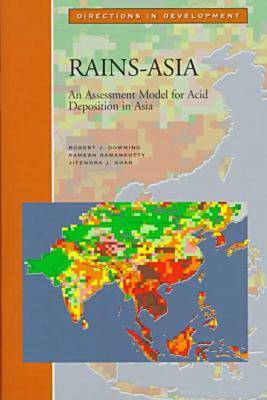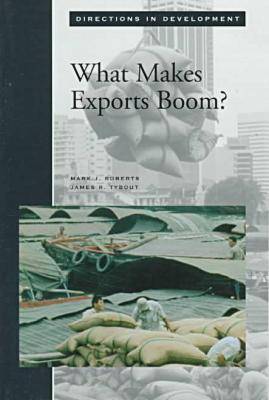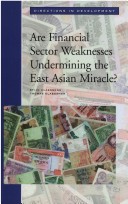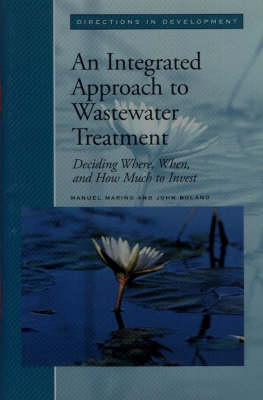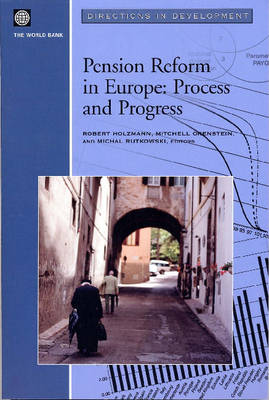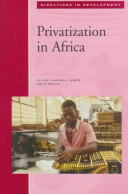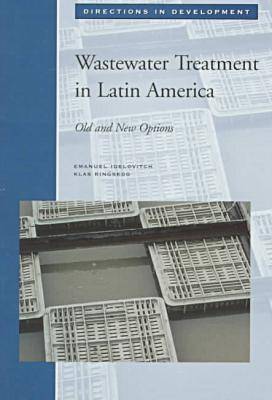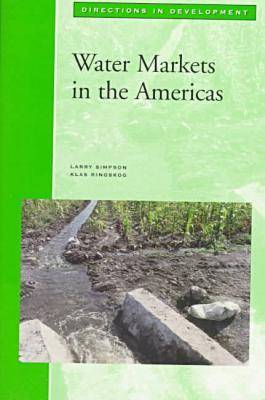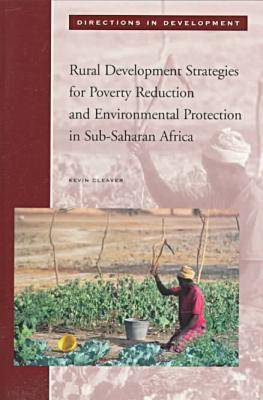Directions in Development - Human Development
14 total works
Africa's International Rivers
by Claudia W. Sadoff, Dale Whittington, David Grey, and World Bank
Where such schemes yield benefit distributions not perceived as equitable among riparians, economic tools could also be used to calculate, design and implement arrangements for redistribution. In all of these ways, economics can play an important role in enabling the management of international rivers, helping to motivate, design and implement co-operative water resources management.
The book shows that promoting 'upgrading' (defined as shifting to higher-value goods, shifting up the value chain, or 'modernizing' production techniques) seems to be necessary for sustainable competitiveness in the apparel sector but does not necessarily help the poor. Policies that support upgrading need to be complemented with targeted workforce development to make sure that the most vulnerable workers are not left behind. Having a vision for the evolution of the apparel sector that incorporates developing worker skills seems crucial. Otherwise, less-skilled workers could miss out on opportunities to gain valuable work experience in manufacturing.
